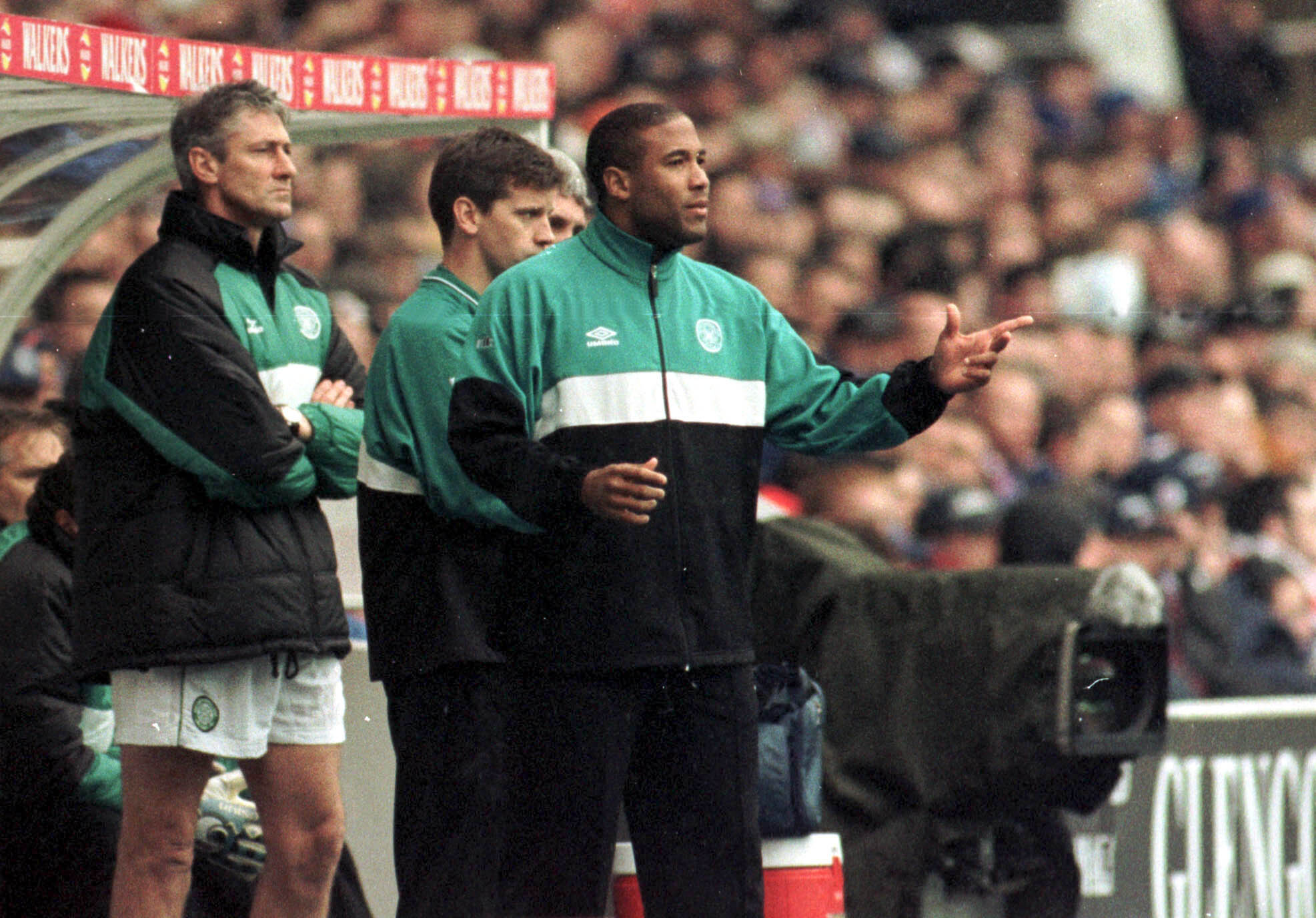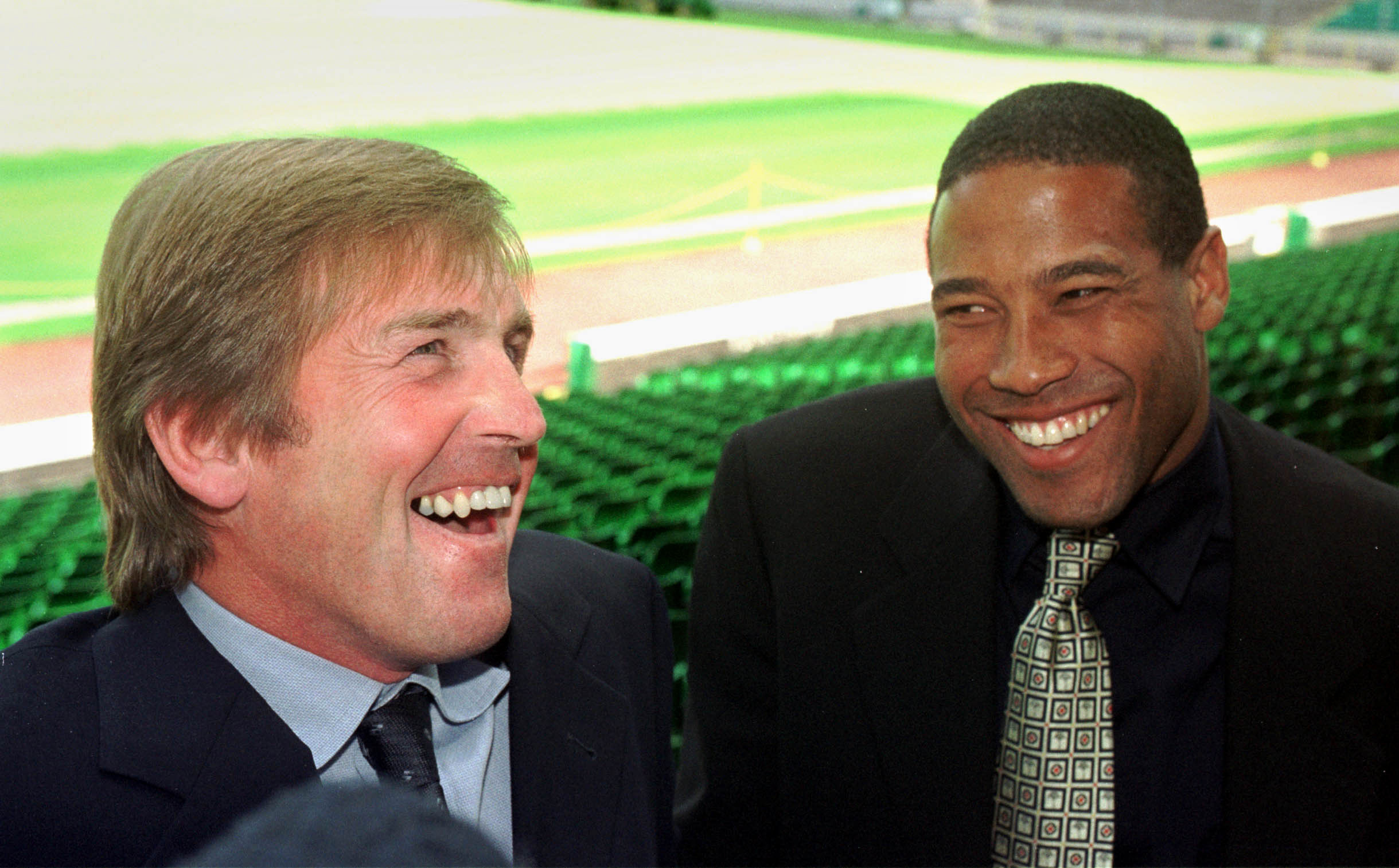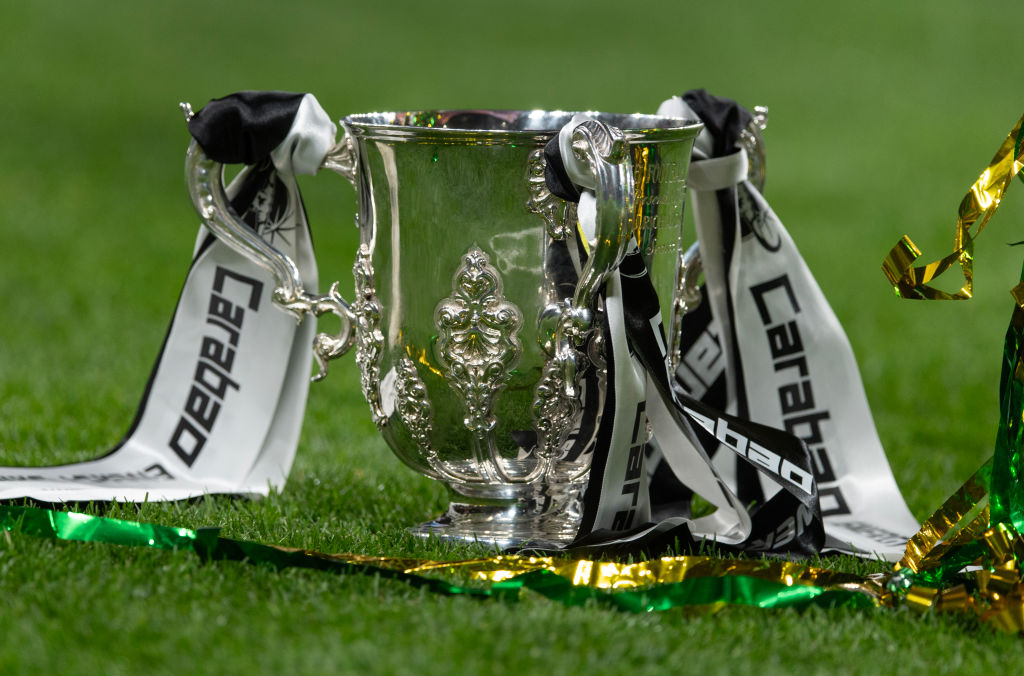On this day in 2000: John Barnes sacked by Celtic after less than nine months

The best features, fun and footballing quizzes, straight to your inbox every week.
You are now subscribed
Your newsletter sign-up was successful
Want to add more newsletters?

Five times a week
FourFourTwo Daily
Fantastic football content straight to your inbox! From the latest transfer news, quizzes, videos, features and interviews with the biggest names in the game, plus lots more.

Once a week
...And it’s LIVE!
Sign up to our FREE live football newsletter, tracking all of the biggest games available to watch on the device of your choice. Never miss a kick-off!
Join the club
Get full access to premium articles, exclusive features and a growing list of member rewards.
Former Liverpool and England winger John Barnes was sacked as Celtic boss on this day in 2000, just eight months and 29 games after his arrival in Glasgow.
With Jozef Venglos unable to steer the Hoops back to trophy success in his one season at the helm, Celtic turned to former favourite Kenny Dalglish to take them back to the top of Scottish football.
Dalglish, who had won four league titles with the club before his move to Liverpool, returned in June 1999 as director of football and appointed Barnes – who had played under the Scot at Anfield – as head coach, despite no previous experience in the role.

The partnership started well with Celtic winning 12 of their first 13 games under Barnes, but a broken leg suffered by Henrik Larsson in a UEFA Cup loss to Lyon not only threatened the striker’s career, but also led to the downfall of his rookie manager.
A run of five losses in eight games, including a 4-2 loss to Rangers in Barnes’ first Old Firm derby, saw the pressure begin to build.
And Barnes was sacked on February 10 after Celtic were knocked out of the Scottish Cup by second-tier Inverness, a loss which led to the timeless newspaper headline ‘Super Caley Go Ballistic Celtic Are Atrocious’.
Tonight on @BBCRadioScot on 6:30pm “Our Story – Super Caley go Ballistic.”— Inverness Caledonian Thistle FC (@ICTFC) August 21, 2021
Dalglish took the reins and went on to win the League Cup before Martin O’Neill was appointed in the summer.
The best features, fun and footballing quizzes, straight to your inbox every week.
The ill-fated spell meant Barnes could not find work elsewhere for some time. He went on to manage Jamaica for 11 games between 2008-09 and then spend four months in charge of Tranmere, winning just three matches.
 Join The Club
Join The Club










